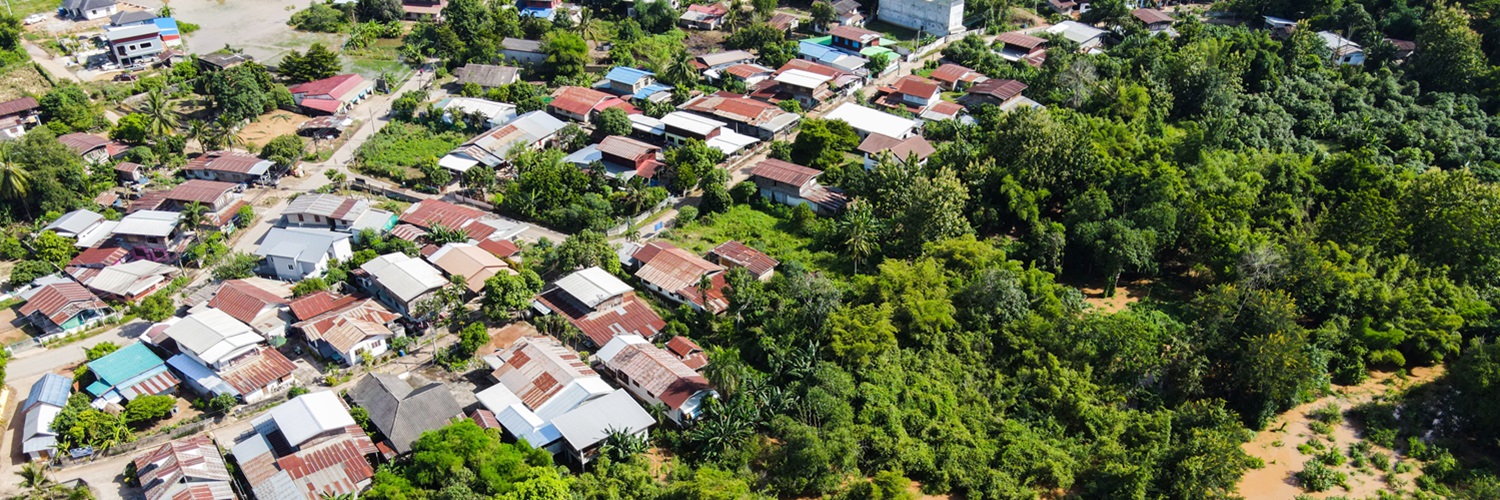It is essential that we achieve net zero by 2050, but the impacts of climate change are already being felt, and much more is already ‘baked in’ for the coming decade and beyond. Here, ECI scientists explain why investing in adaptation and nature-based solutions (NbS) is essential and urgent. Climate change will have major effects on lives, economies and finance globally, but particularly in more climate vulnerable countries.
The UNEP Adaptation Gap report, released last month, revealed the $366 billion adaptation financing gap that needs to be closed every year, and much of this from the private sector. In response, at COP28, financial institutions, governments and researchers joined together to issue a call for collaboration to set the enabling environment for finance to flow including clearer adaptation targets, investment plans and disclosure, as well as new partnerships and powering up blended finance facilities.
A common theme underpinning each of these needs is data. Data is an essential enabler of finance and plans, yet today there are huge asymmetries in the availability and accessibility of data across countries and between governments, civil society and the private sector. This creates a barrier and can lead to biased and maladaptive actions. Enter the Resilient Planet Data Hub, launched at COP28, and co-convened by the University of Oxford, the UN Office for Disaster Risk Reduction and the Insurance Development Forum under the High Level Climate Champions Race to Resilience. The Hub provides high quality, globally consistent, open climate and nature risk and resilience data, accessible to all. By making data open, it forms a common language of risk that will help not only increase the transparency and quality of information, but also level the playing field, unlocking action and finance.
The full article describing the study is available from the Environmental Change Institute.
